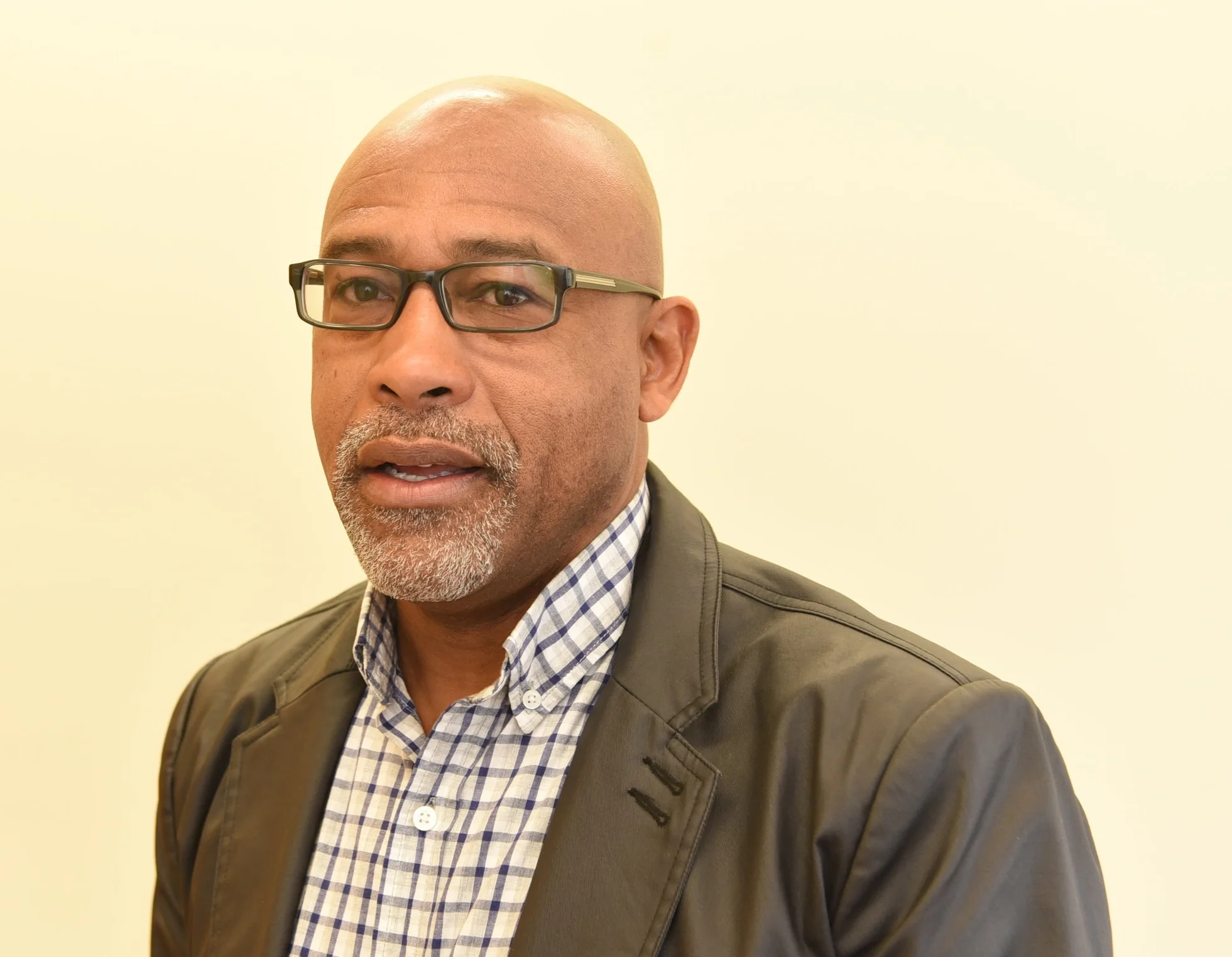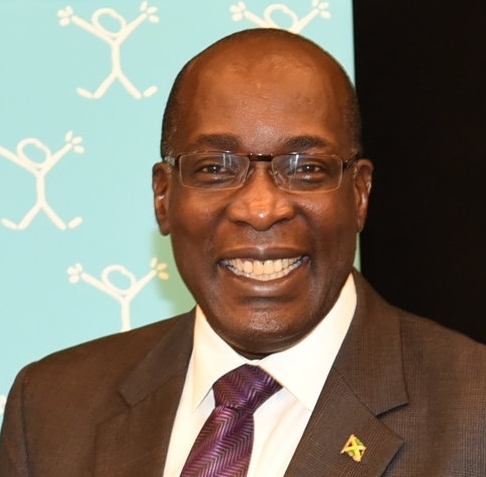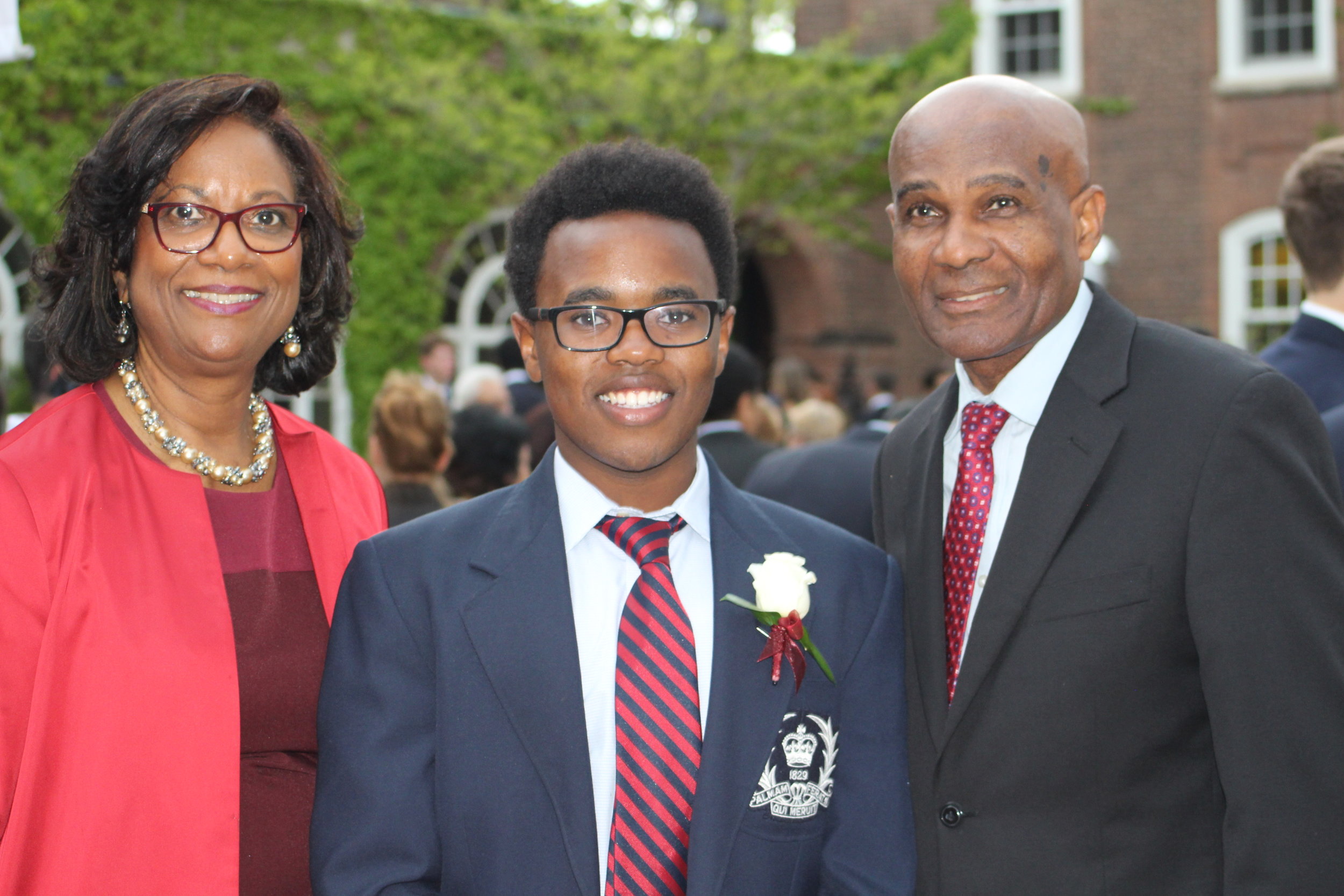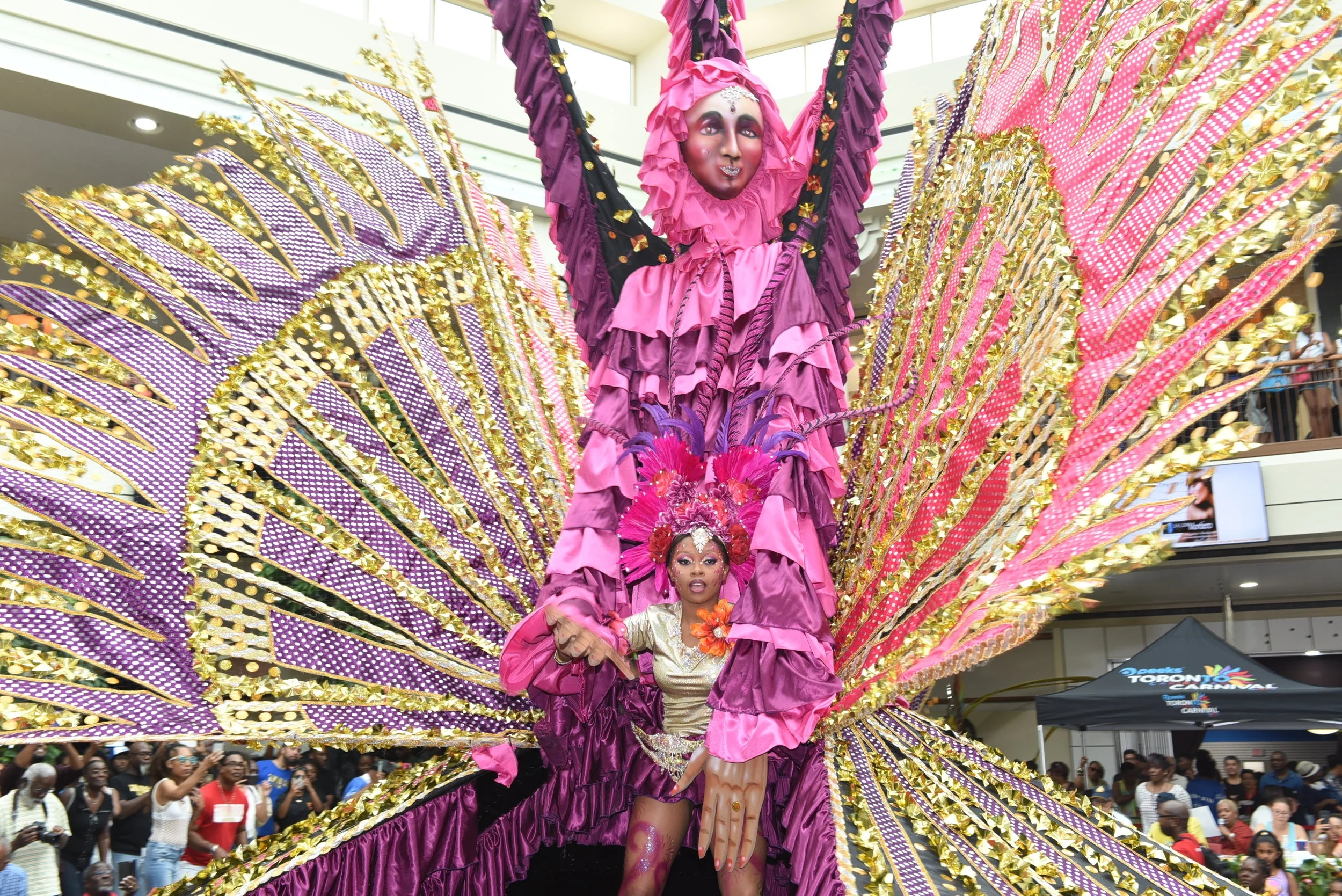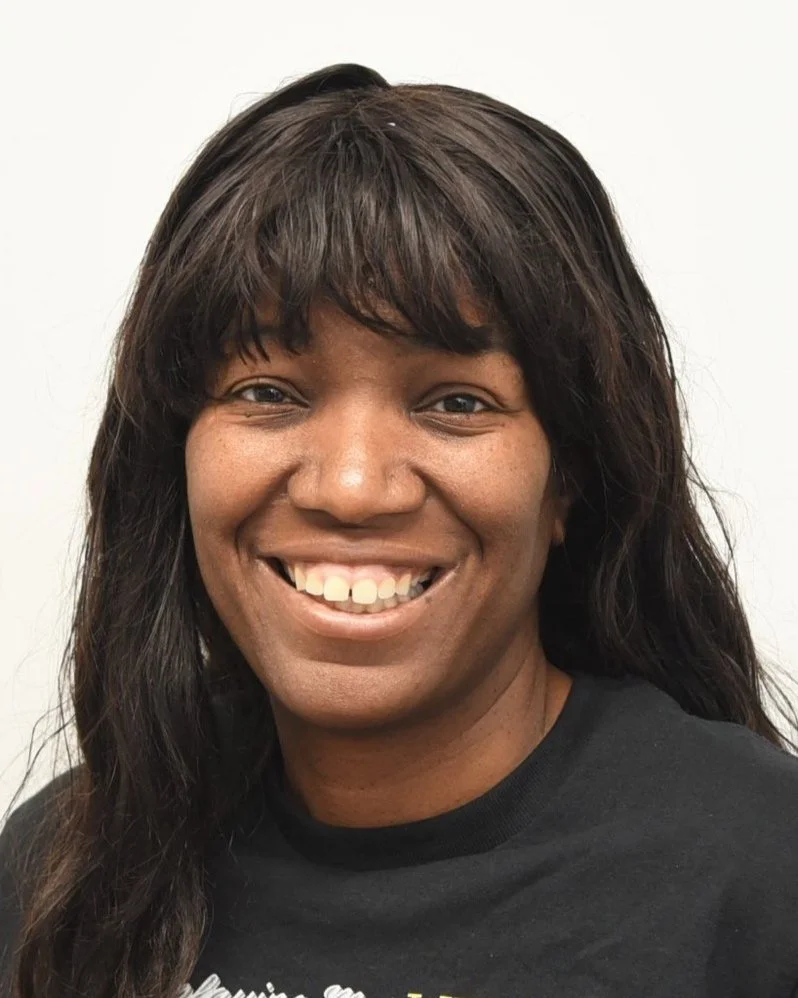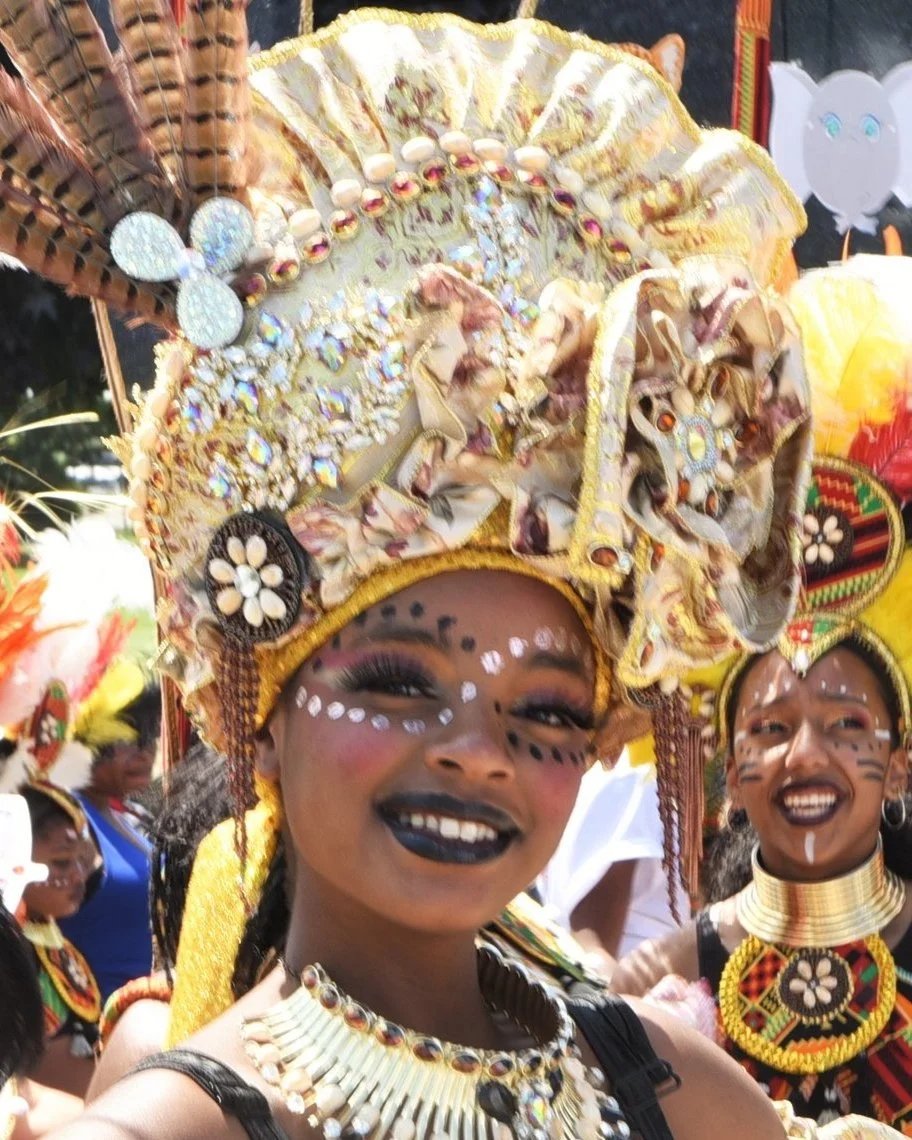New operations manager, new route for carnival
June 15, 2017
If masqueraders want to jump up and have a good time in this year’s Toronto Caribbean Carnival (TCC) parade, they will have to wake up early.
The 50th annual event will start nearly two hours earlier on August 5 to reduce sizeable gaps in the parade and ensure that all 11 bands make it out onto Lakeshore Ave.
Trinidad & Tobago mas band leader and carnival administrator Gerard Weekes, who is the TCC’s parade operations manager, conceived the idea for the 8.30 a.m. start.
After meeting Toronto Revellers mas band leader and former National Basketball Association player Jamaal Magloire for the first time in 2012 while in the city with Brian MacFarlane for a carnival exhibition at the Royal Ontario Museum, Weekes was the Revellers King of the Band representative the following year.
He also has been the band’s road manager the last three years.
“I have been coming to this carnival since 2012, so I have had the opportunity to observe what has been happening when it comes to the very huge gaps in the parade,” said Weekes. “Toronto Revellers were band number one on two occasions and we started off the parade around 11 a.m. You have a whole day to play mas and should make full use of it. If I had things my way, I would have added J’ouvert (a street party that starts before dawn and peaks at around sunrise). For all the bands to get on the road and be judged, we have to start early.”
Weekes has a simple message for revellers who oppose the early start.
“If you want to party the night before and figure you can’t get up on time, then don’t sleep or get a quick nap,” he said. “It doesn’t make sense for you to buy a costume and can’t make full use of it. Let’s make the best use of the one day set aside for the carnival.”
The plan is for the guest bands to lead off the parade at 8. 30 a.m. followed by the main bands about 30 to 45 minutes later.
The reversal of the parade route is another significant change Weekes successfully advocated for.
Previously, the bands were judged before they went on the Lakeshore parade route.
“What was happening was the first band spent a minimum 30 minutes being judged, and that is based on the band’s size,” Weekes said. “While band number one is on the road, band number two is being judged and that takes up another 30 to 40 minutes. By the time the three large bands fully cleared the judging area, you had about two to three hours in gaps in the parade.”
From the staging area at Exhibition Place, the bands will wend their east along a 3.5-kilometer stretch on Lakeshore Boulevard back into Exhibition Place.
The judging will take place on Princess Blvd. in an area designated, ‘The Spectrum’.
“That area is going to be impactful and exciting,” said Weekes. “The bands and bandleaders will enjoy going there.”
Bands are welcomed to return to Lakeshore Blvd. after they are judged.
“It’s up to them,” Weekes said. “If they don’t want to go back out, they can go into one of the parking lots where we have created a ‘blocko-style’ environment for them to party among themselves. Their supporters can also join them there.”
In contrast to some years, the bands will not go west of British Columbia Rd. on Lakeshore Blvd. Instead, they will head east to Newfoundland Rd. and west onto Princess Blvd.
That decision was taken for security reasons.
“Law enforcement is concerned about that stretch with water on one side and the Gardiner Expressway on the other,” Weekes said. “We have to be mindful that we live in a world where acts of terrorism are being committed. That’s the reality. We are working with law enforcement to make sure everyone that comes to our parade has a good time and are safe there.”
The expectation is that the guest and mas bands will be on Lakeshore Blvd. between 9 a.m. and 11 a.m.
“That will create a spectacle never seen before as that stretch of roadway will be flooded with colourful costumes,” predicts Weekes. “Based on what I have seen so far, there will be a high level of participation. If the masqueraders don’t want to come back out on Lakeshore Blvd, we will bring out the musical trucks to entertain spectators.”
To ensure the smooth flow of the parade, the level of management has been increased.
The parade is split into five zones with a manager. Each zone will also have a route co-ordinator that will work directly with the band leader, head marshal and security chief for each band.
“They will be in communication with the zone managers, myself and our command centre,” said Weekes who started playing mas at age nine. “If a band needs to stop for some reason, we will know we have to hold the front of the parade to allow those at the back to catch up. If the front is moving too fast, we can slow them down, if the back is not catching up, we can pull them up.”
Bands can face penalties for disrupting or impeding the parade flow.
The penalties could range from monetary to relegation to the back of the parade the following year and bans.
In addition to his involvement in the TCC since 2013, Weekes is the president of the Trinidad & Tobago Carnival Bands Association and a member of the National Carnival Commission Parade of the Bands Committee.
He also participated in carnival productions with Guyanese-born legendary mas maker Peter Minshall and MacFarlane who in 2010 was awarded the Chaconia Gold Medal by the Trinidad & Tobago government for his significant contributions to arts and culture, produced sections in the extremely popular Barbarossa band founded in 1988 by Richard Afong and was the mastermind behind the highly successful Night Rivals Monday Night mas band.
In 2014, Weekes launched his own band, ‘Mas Passion’ and his debut presentation, ‘Tabanca’, resonated with revellers and spectators yearning to see costumes that reflect the history of carnival.
“I try to steer clear of the beads and the bikini kind of mas,” he said. “I hate working with feathers. I am interested in creativity, costuming, the theatrics of mas and the street presentation. Over the years in Trinidad, we have seen the transition from traditional mas to what we call party bands that bring beads, bikini and flesh to the forefront. I understand that sex sells and that there is a market for that. There is, however, a market for creativity and traditional costumes that represent a theme and tell stories. What is being sold now is the party style activities.”
Weekes challenged bandleaders to engage in research and be more creative.
“They should not allow themselves to be dictated to by the masqueraders,” he added.
Weekes was among five finalists who made the final interview for the TCC position after an exhaustive search.
Chris Alexander is convinced the Festival Management Committee (FMC) made the right choice in hiring Weekes.
“He was head and shoulders above the other applicants because of his body of work,” said the FMC’s chief operating officer. “We were looking for a people’s person, someone who could liaise effectively with the bands and other stakeholders and an individual who has a wide knowledge of carnival. Gerard fulfils those requirements. He also has a cool, calm and firm demeanour and is well respected in the mas community.”
Weekes’ contract runs from March 1 to August 31, 2017.

